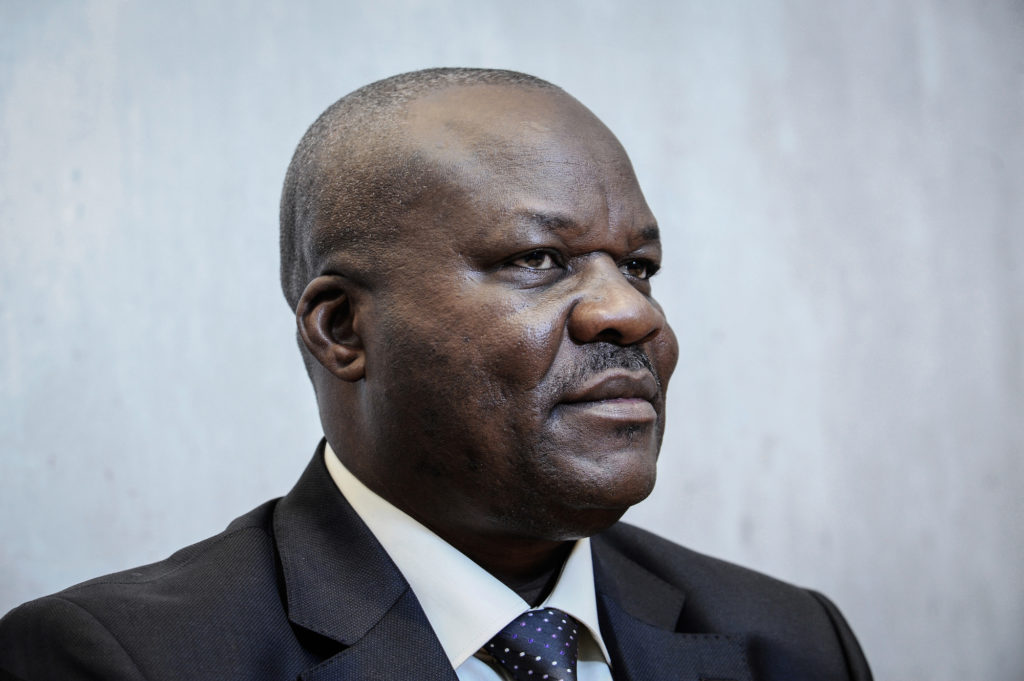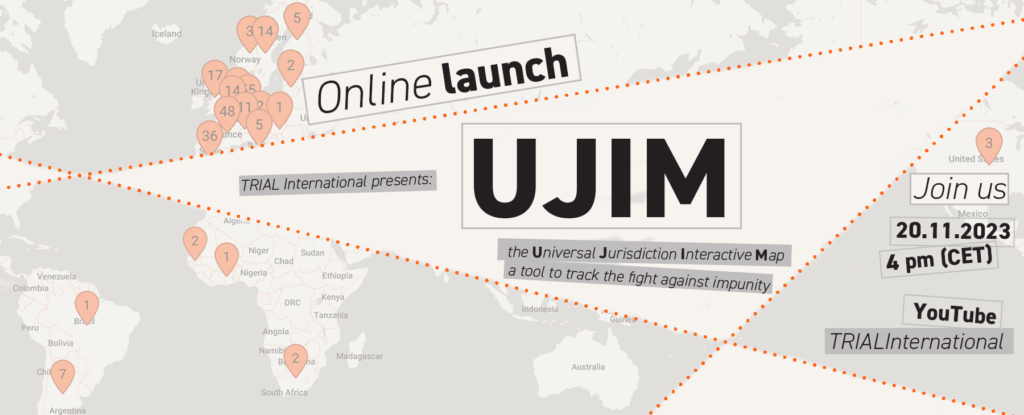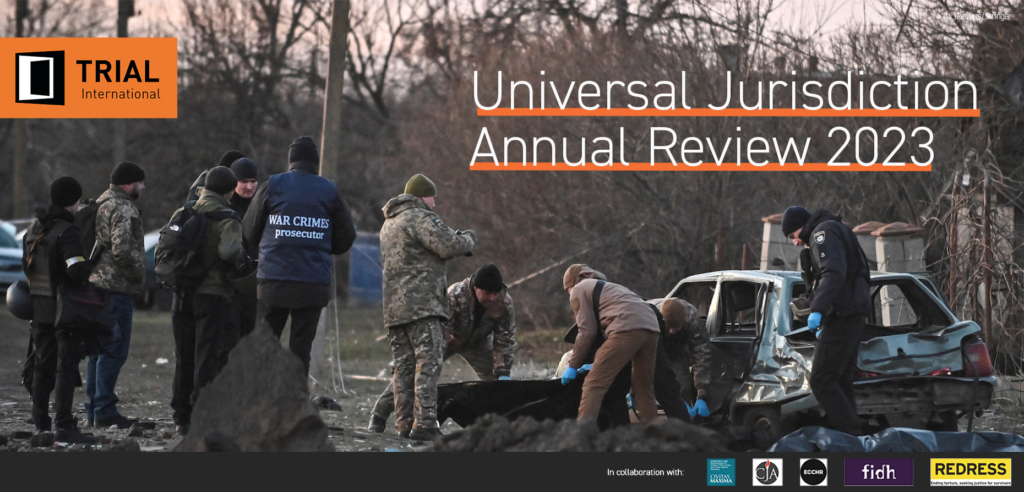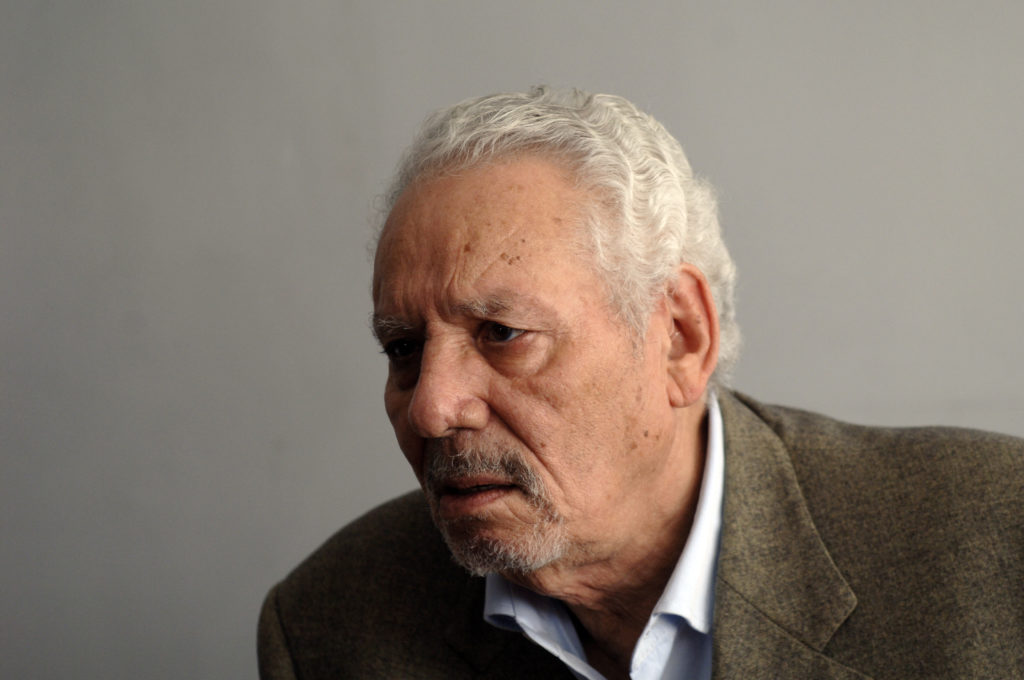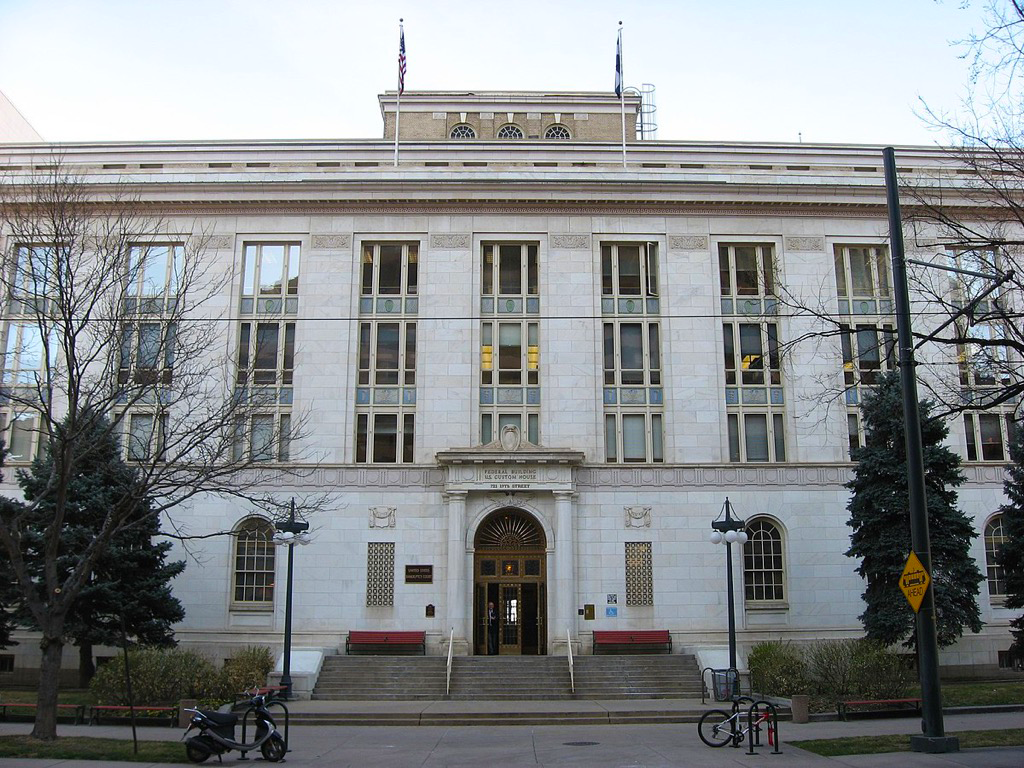Enforced disappearance among marginalized ethnic group in Nepal
Mr. Nandalal Chauhan belongs to marginalized Madhesi community of Nepal. Wrongly accused of entertaining Maoist sympathies, he was arrested and forcibly disappeared during the internal conflict. His case is not only an example of the wave of enforced disappearance by State forces, but also of the bitterness of victims’ relatives vis-à-vis Nepalese transitional justice bodies.
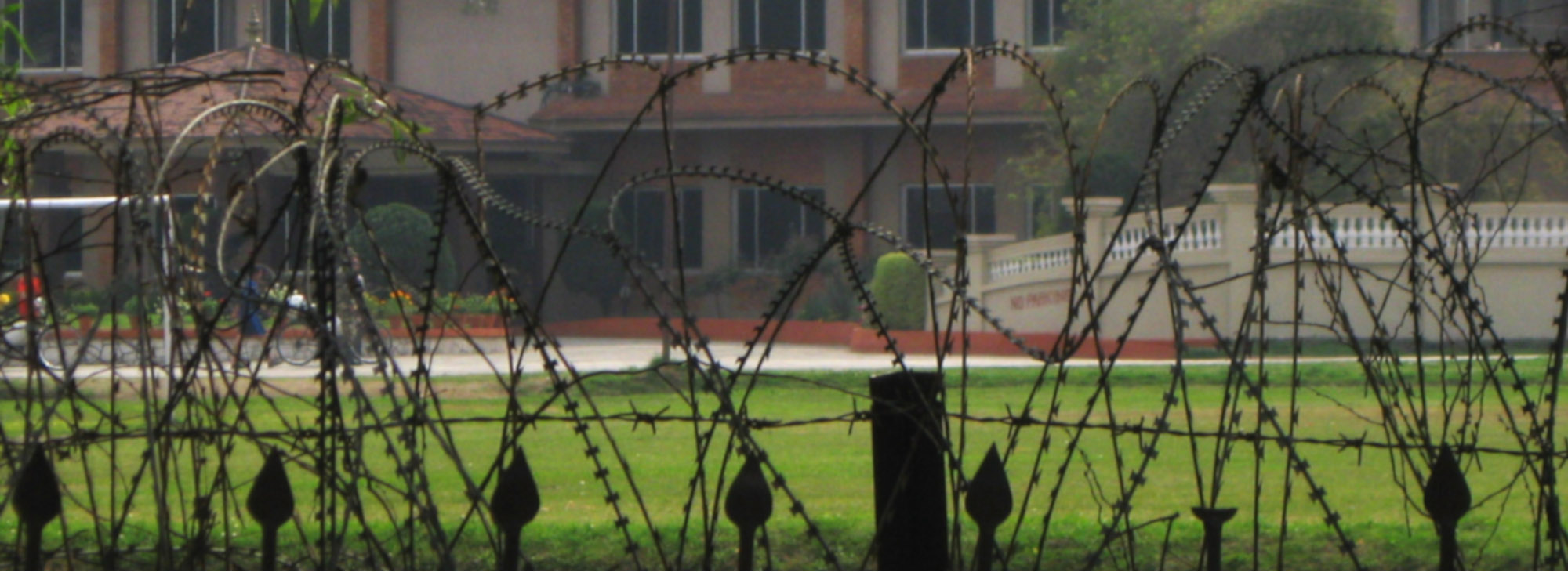
Mr. Nandalal Chauhan was arrested in February 2006 in Joganiya Chowk (district of Rupandehi). One morning, Mr. Nandalal was travelling on a bus to the neighboring town of Krishnanagar, in India. He was seeing two acquaintances off to Mumbai, planning to shop in Krishnanagar before returning to Nepal.
But he never did, as he was arrested in Joganiya Chowk by members of the Pratikar Samiti (literally, “retaliation or defense committee”). These groups were initially created as vigilantes against attacks by the Maoist guerrilla, but in some districts – including Rupendehi – they were responsible for serious human rights abuses against alleged Maoists.
Mr. Chauhan was forced to get off the bus and was beaten up. Two army officials who were drinking tea nearby inquired on the commotion, but upon learning from the Pratikar Samiti that Mr. Nandalal Chauhan was allegedly a Maoist, they actually arrested him and took him to an army camp.
About 15 days after his arrest, Mr. Chauhan was transferred to the Taulihawa district prison, from which he disappeared in the evening of 7 April 2006. According to the prison inmates, the army went to the prison on that day and took two prisoners with them, one of them being Mr. Chauhan. The fate and whereabouts of Mr. Chauhan remain unknown since then.
Trust in domestic mechanisms fades
Between 2006 and 2016, the family of the disappeared – and especially his brother, Mithailal Chauhan – waited for the formation of the Truth and Reconciliation Commission (TRC) in Nepal. Mithailal Chauhan believed that since he received interim relief from the government and his brother’s children received a scholarship, the government had acknowledged the enforced disappearance of his brother. He had hopes that and, once established, the TRC would unveil the truth on the fate and whereabouts of Nandalal, holding accountable those responsible and providing to the family adequate reparation.
However, nothing substantive has happened since the filing of their complaint, in 2016. Subsequently, Mr. Chauhan lost faith in the national TRC and has, with the help of TRIAL International and the Human Rights and Justice Centre, taken his case to the UN Working Group on Enforced or Involuntary Disappearances (WGEID) instead.
The case was submitted on 18 December 2020 to the Working Group on Enforced and Involuntary Disappearances and is currently pending.
Context
The case is emblematic of the enforced disappearances that took place during the internal armed conflict in Nepal from 1996-2006. In 2003 and 2004, Nepal was the country with the highest reported number of enforced disappearances in the world by the WGEID. To date, more than 1’300 people who, like Mr. Nandalal Chauhan, disappeared during the conflict are still registered as missing.
This article was produced with the financial support of the European Union. Its contents are the sole responsibility of the authors and do not necessarily reflect the views of the European Union.



